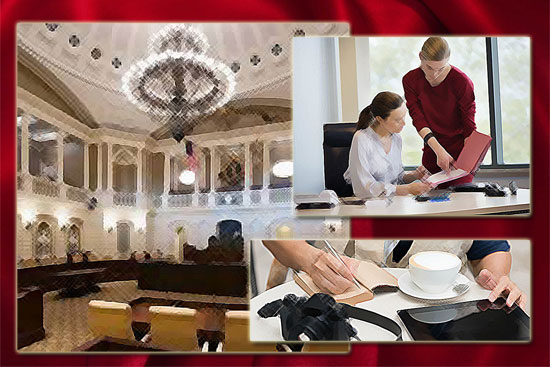Page 1 Page 2 Page 3 Page 4 Page 5 Page 6
Throughout the meeting with my editor that afternoon, all I could think about were Lucas’s words, and I begged off dinner, saying I hadn’t slept well. I took a cab back to the hotel room, where I opened my computer and typed a message to Jessie, hoping her email address hadn’t changed.
“I heard about your separation,” I wrote, then added, “I hope you’re okay.”
I hesitated, though not for long, before moving the cursor to send. Then I sat back, betting I would never hear from her. Over the next three hours I repeatedly checked the computer screen before, laughing at myself, I gave up and headed downstairs. Staking my claim to a stool at the hotel bar, I nursed a glass of my favorite Canadian whiskey, shrank into my depression, and began to frame a story about the past twenty-four hours, starting with the dream and the image it had left. At least the story would occupy my time by allowing me to create new characters.
A young couple—twenty-somethings—sat on the two barstools beside me. He sported a thin black mustache; she was a redhead. I listened to their discussion as I often do when I sit alone in bars, to pick up the words and cadence of real speech. It seemed they had attended a play, one that neither found especially rewarding. I pulled out the pocket-sized spiral notebook I always carry, laid it on the bar in front of me, and began to write down some of their dialogue, entertaining myself for a good hour. Then a little before midnight, after I’d ordered several more drinks, I placed my phone next to the notebook. I saw Jessie’s name among the list of new email messages. I was afraid to open it, half dreading the reply.
“I’m fine,” was her simple response—and then, “I’ve thought a lot about you.”
I quickly replied. “I’ve thought a lot about you too.” My hands were shaking as I added, “I’m sorry things didn’t work out with Ron.” I was lying and she would know it, but what else could I say?
The redhead to my left raised her voice and chided her date in a good-natured way. They seemed intent on impressing one another, so I was betting that they weren’t married.
Another email, this one longer, lit up my phone’s screen. “I’ve tried to prove our friends wrong,” Jessie’s message read. “They’ve always said I make bad choices in men. Well, it’s true, I do, and I did it again. I guess I just wanted to show everyone I could make a relationship work. I know…that’s a pathetic reason to remain in a bad marriage, but there you have it.”
I nervously jiggled the ice in my otherwise empty glass and sent another reply. “Why now? Did something happen?”
As I waited for her reply, the conversation beside me continued. The young man’s voice was fuller now, the alcohol having emboldened him.
Jessie’s next email arrived five minutes later, though it seemed like an hour.
“Something happened,” was the subject, and a single sentence lay beneath it: “On New Year’s Eve a beautiful butterfly flapped its wings outside my favorite little bookstore in Washington, and the world changed.”
I jumped to respond but caught myself. Instead, I recorded the sentence in my notebook: “A beautiful butterfly flapped its wings…and the world changed.”
Just then the redhead shrieked, “What’s the color of the sky in your world?”
I recorded that gem, too, before placing my pen between the notebook and the phone, creating a divide—a wall—to separate one world from the other.
My heart raced as I stared at my phone’s screen and read Jessie’s message four, five more times. The black font of her email stood out like bold messengers against a brilliant white background. A shiver ran the length of my body, and my eyes shifted from the screen to my notebook, then back again. The bartender appeared and pointed at my empty glass.
I shook my head. “No,” I said, feeling more confident now that a decision had been made. “I’m done.”
Turning my back on the couple, I emailed another response. “I’m grateful for the butterfly,” I wrote. “Can I see you?”
Her next email was all I needed. “Anytime,” she said. “Just tell me where and when.”
I signed for the drinks and headed for the exit without feeling my feet touching the floor. The rising voices of the couple I’d left behind didn’t interest me at all.


